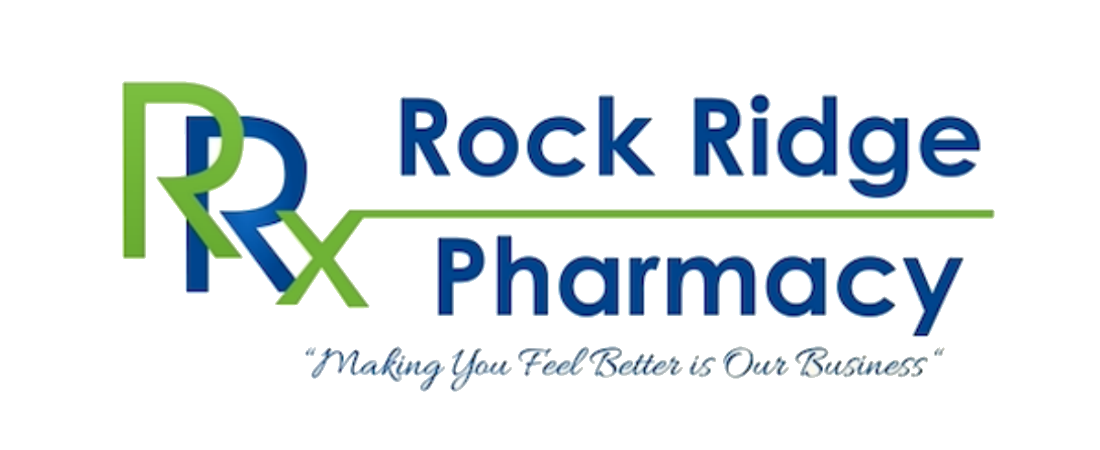Did you know that certain animal species can make vitamins inside their bodies? Take mice, for instance; they can synthesize Vitamin C inside their bodies using glucose. Did you know we humans also synthesize a certain vitamin? That’s vitamin D, also referred to as the “sunshine vitamin,” as we only produce it when our skin is exposed to sunlight.
We’re often taught in grade school that Vitamin D is what’s responsible for our bone’s overall strength. But there is a lot more to Vitamin D’s role in the body, apart from making our bones hard. Over the past few decades, research has revealed that vitamin D plays an important role in the function of the immune system, helping our body better recognize and respond to pathogens .
If you’re curious about the importance of vitamin D in immune support, this blog will break down the science. Here, we’ll explain the role sunshine vitamin has in the body, the alternative ways to get it, and who might need it most. Before taking any Vitamin D supplements, be sure to read this to the end.
The Immune System and Vitamin D: How They Work Together
Your immune system is a complex network made of cells, tissues, and signaling pathways that protect your body from viruses, bacteria, and other harmful invaders. Vitamin D interacts directly with immune cells like macrophages and T cells, which have vitamin D receptors. These cells depend on adequate levels of vitamin D to carry out their functions properly.
Studies conducted, proved that vitamin D supports the production of antimicrobial peptides that fight infection. It also regulates inflammatory responses, helping the body avoid overreaction. Additionally, it enhances the function of regulatory T cells, which help prevent autoimmune activity. Vitamin D low levels have been linked to increased susceptibility to infections, including illnesses associated with respiration, and may play a role in chronic inflammatory conditions. These are a few reasons why you need to understand the importance of vitamin D in immune support.
Vitamin D Deficiency - A Common and Often Overlooked Issue
Despite how easy it is to produce vitamin D through sunlight, deficiency is remarkably common. Factors such as limited sun exposure, use of sunscreen, darker skin tones, and geographic location (especially in northern latitudes) can significantly reduce the body’s ability to synthesize vitamin D naturally.
Age also plays a role. As people get older, their skin becomes less efficient at producing vitamin D, and their kidneys are less effective at converting it into its active form. Certain medical disorders, such as Crohn’s disease, celiac disease, and obesity, can further interfere with absorption or utilization.
Because symptoms of deficiency can be vague, fatigue, frequent illness, joint pain, or depression, it often goes unnoticed without a blood test. That’s why many healthcare providers recommend supplementing, especially during the winter months or in populations at higher risk.
How Much Vitamin D Do You Actually Need?
The Recommended Dietary Allowance (RDA) for vitamin D varies depending on age, health status, and individual needs. For most adults, the general guideline is 600 to 800 IU per day. However, many experts and clinical studies suggest that higher doses may be necessary for optimal immune function, particularly in those with low serum levels or chronic conditions.
Supplemental doses of 1,000 to 5,000 IU are commonly used under medical supervision to restore healthy vitamin D levels, with the ideal blood level often targeted between 30–50 ng/mL. But like any fat-soluble vitamin, vitamin D can accumulate in the body. This is why regular monitoring is essential to ensure safety and efficacy.
If you’re considering a supplement, options like Thorne Vitamin D 1000 offer a high-quality, bioavailable form trusted by healthcare professionals.
Choosing the Right Vitamin D Supplement
Not all vitamin D supplements are created equal. When evaluating options, here are a few things to consider:
1. Form: Vitamin D3 (cholecalciferol) is the preferred form because it is more bioavailable and effective at raising blood levels compared to D2.
2. Quality: Look for pharmacist-approved, third-party-tested products to ensure purity and potency. Reputable providers disclose sourcing and manufacturing practices.
3. Combination Formulas: Some supplements combine vitamin D with other nutrients like vitamin K2, which helps direct calcium directly to the bones rather than soft tissues. One such option is Vitamin D Plus K, designed for those seeking comprehensive bone and immune support.
4. Delivery Method: Capsules, soft gels, and drops all work well, depending on personal preference and absorption needs.
Can You Get Enough Vitamin D from Food Alone?
While some foods contain vitamin D, such as fatty fish (salmon, mackerel), fortified milk, egg yolks, and mushrooms, diet alone is often not enough to meet daily requirements, especially for people with increased needs.
Supplementation is typically the most effective and consistent way to maintain optimal levels, especially when dietary intake and sun exposure are limited.
When to Speak with Your Healthcare Provider?
Before initiating any new supplement, especially at higher doses, it’s always a good idea to speak with your healthcare provider. They may recommend a simple blood test to check your current vitamin D status and help determine an appropriate dose.
People taking certain medications or managing chronic conditions should be particularly cautious, as vitamin D can interact with calcium levels and other nutrients in the body.
Ending Note
As complex as immune health may be, some of the most effective strategies begin with the fundamentals, and vitamin D is one of them. Now that you understand the importance of vitamin D in immune support consider checking out Rock Ridge Pharmacy for all your vitamin supplement needs.
Disclaimer: This article is for informational purposes only and should not be used as a substitute for medical advice. Always consult your healthcare provider before starting or modifying any supplement regimen.





